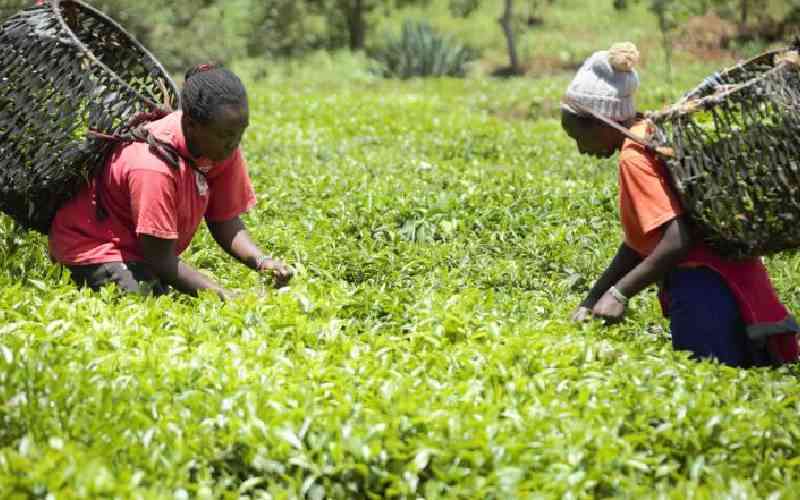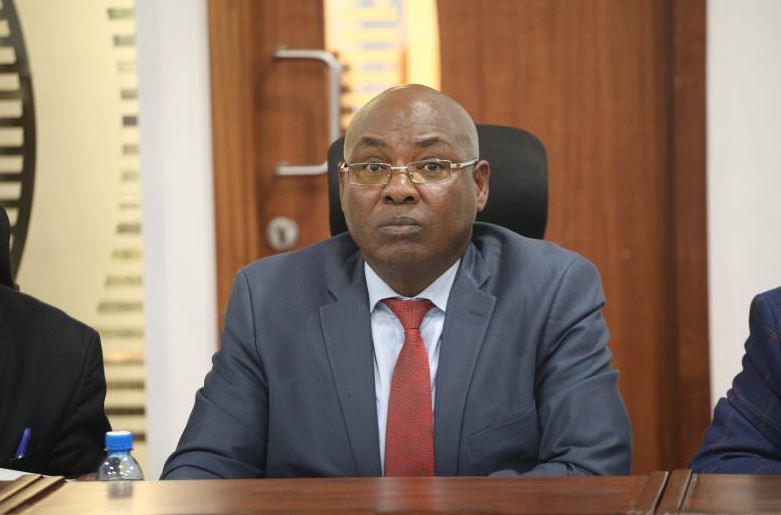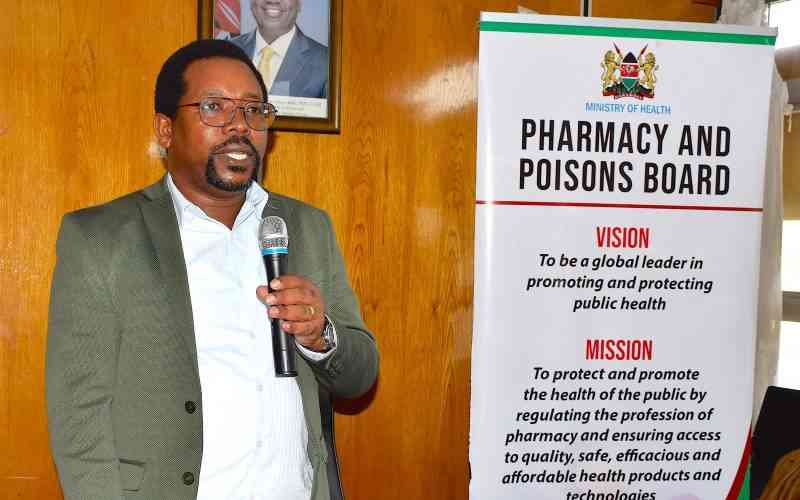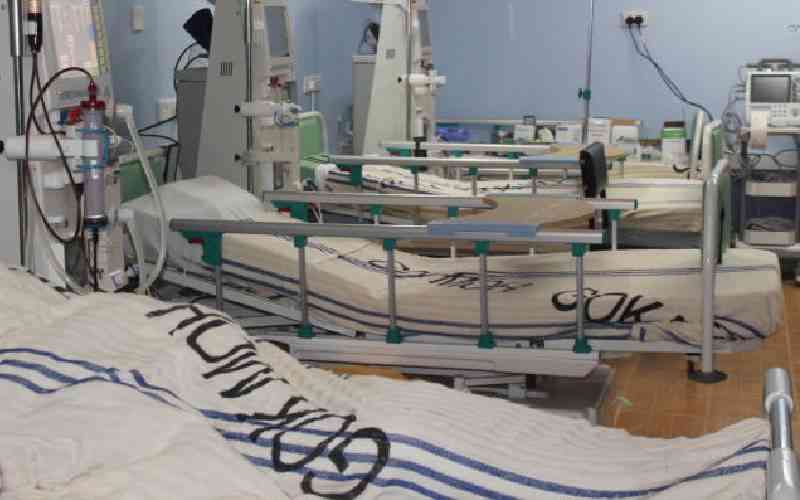
Over 400,000 smallholder tea farmers from across the country have high expectations ahead of a national tea conference summit to be held at the Golf Club in Kericho County.
The farmers will have time to present challenges and solutions to the problems they have faced for years at the summit from July 6 to 7, chaired by Deputy President Rigathi Gachagua.
The conference will bring together farmers from the tea-growing zones, national and county leaders, lawmakers and other stakeholders for a brainstorming meeting on how to restore glory to the sector.
Farmers have been suffering at the hands of the cartels who have been fleecing them of their hard-earned money, and they want these reforms to be implemented immediately.
A tea farmer Joseph Maritim from Kiptere, said they are eager to present their views at the conference, saying they have toiled for too long and do not see any benefits from the sector.
"Waking up every morning to go and pluck tea and expect quick returns has not been a walk in the park as it comes with several challenges," Maritim said.
He said earnings from tea leaves had been a poisoned chalice of some sort because of the poor and late payments.
"The wait for our wage is like four years, and when they come, the pay is poor," he added.
Another farmer, Paul Langat, has endured low pay for ages.
"We have high expectations that the highly anticipated tea conference will bear fruits of ongoing reforms and uplift our living standards," he said.
Betty Koech from Cheptuiyet said the move by the government to introduce tea reforms in the tea sector and other sectors like coffee and milk was a good idea as many farmers could have abandoned tea farming and resorted to other sectors. "Save for these reforms, many tea farmers would have abandoned the sector in the next few years and led to its collapse," she said.
Mrs Koech wants the government to implement all the recommendations after the conference to help rid cartels in the sector. "By getting rid of the cartels, the reforms should be implemented to ensure that farmers get more returns, Koech said, vowing to ensure the sector is fully streamlined.
Jane Soi said although tea prices in the international market were still high, many farmers continue to languish in abject poverty. "One would wonder, then, why money paid to farmers continued to decline but that was because of the interference of cartels," she said.
Patrick Korir, a tea farmer from the Kisiara location who supplies the Chelal tea factory said they are happy with the new reforms, adding that it has restored their hope in the tea sector.
"We were discouraged by the low prices and have been receiving low bonuses. Should the government implement the recommendation after the conference, then we expect good returns," said Korir.
The recommendations by the conference would be anchored in law so that they are easily implemented. For years, Kenya Tea Development Agency (KTDA) was not controlled by farmers.
But slowly, smallholder tea farmers are gaining control of it, thanks to the tea reforms spearheaded by the government. Under Executive Order No. 1 of 2023, President William Ruto tasked his deputy with the role of spearheading public sector reforms in tea, coffee and milk.
Mr Gachagua has also already hosted several discussions with smaller groups, including the parliamentary caucus on coffee and tea sub-sector reforms. The conferences will be a sum-up of the discussions towards final frameworks of implementing the reforms for the farmers to benefit more.
Some of the reforms include the minimum price in the market, fertiliser subsidy, increase in monthly payments to farmers, payment of bonuses in July as opposed to October and reduction of interest rates by Greenland Fedha which has ensured affordable loans.
Introduced through the Tea Act of 2020, the reforms are aimed at improving returns to smallholder farmers.





